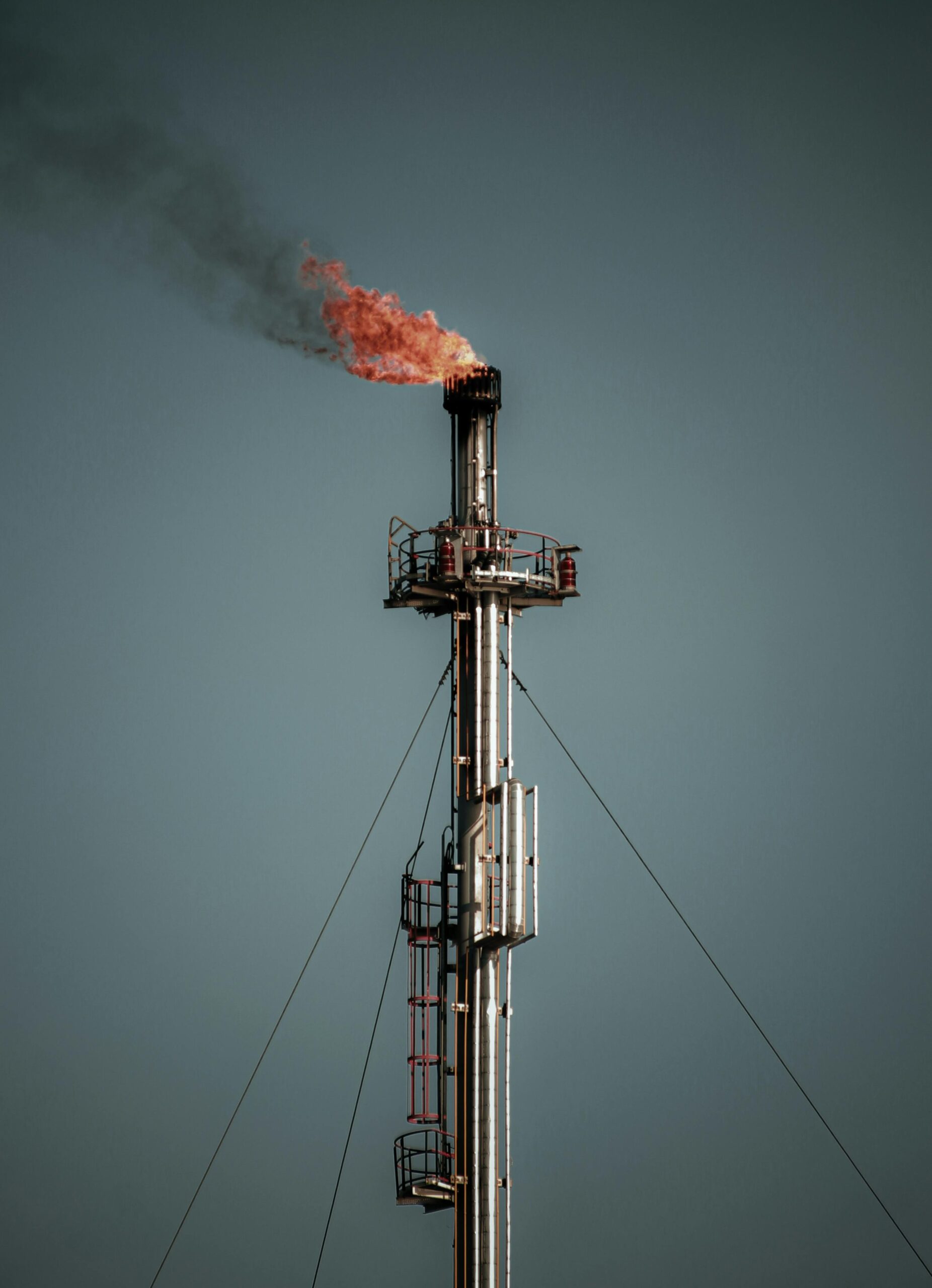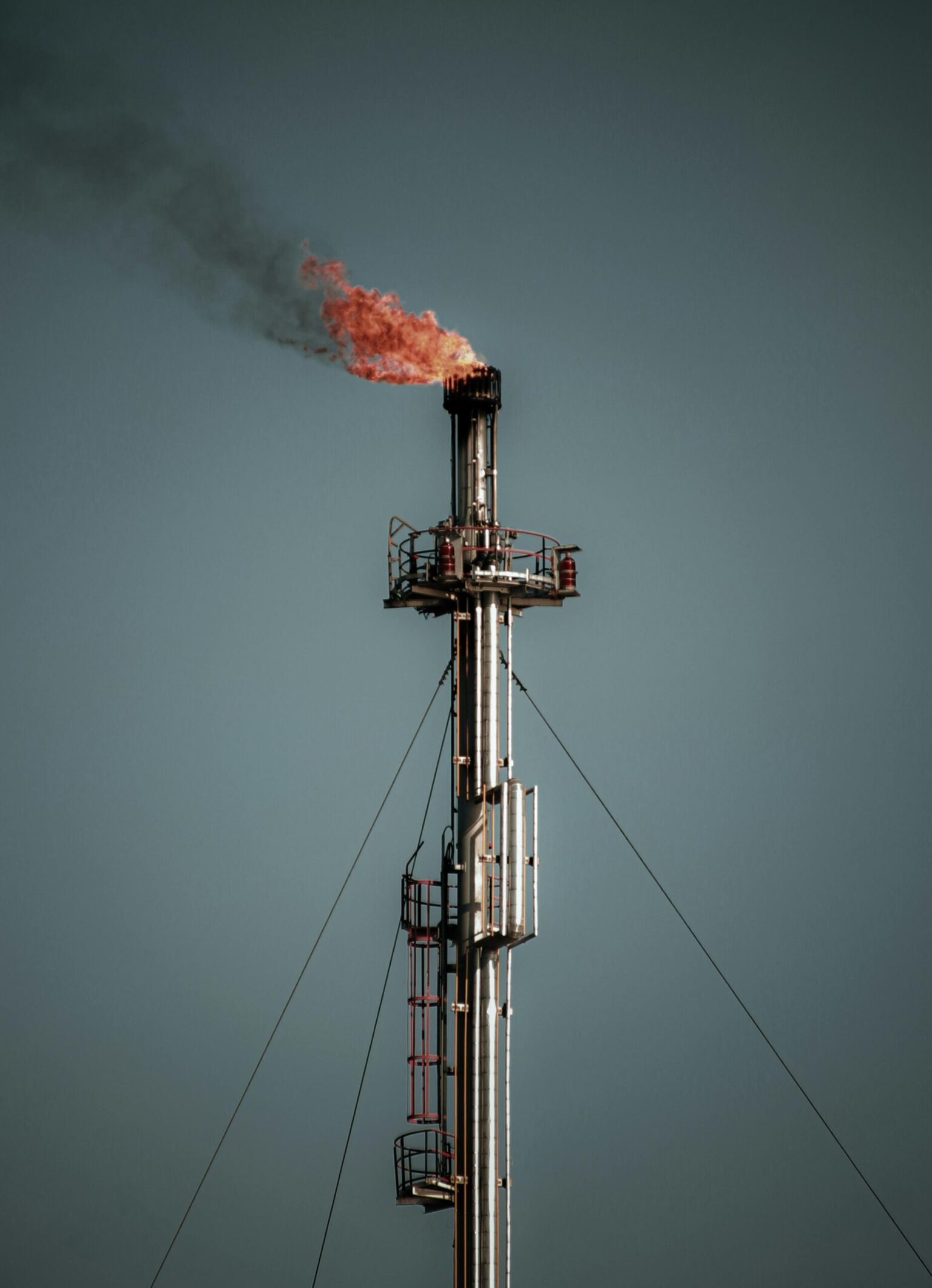
South Korean chemical companies like LG Chem and Lotte Chemical are struggling due to a surge in Chinese production, which has created a global supply glut and slashed margins. Once heavily reliant on Chinese demand, these firms are now facing losses and declining exports. The industry’s downturn, marked by a 15% export drop in 2023, has forced them to seek new markets as China strengthens its domestic chemical sector.
China is rapidly expanding polyethylene and polypropylene production, reducing reliance on Korean imports and even exporting to Asia and South America. Paul Joo of S&P Global warns Korea risks falling behind without restructuring. BloombergNEF’s Philip Geurts notes that global ethylene and propylene capacity will grow at near-record levels in 2024, mainly in China, outpacing demand.LG Chem and Lotte Chemical are cutting losses by shutting plants, exiting markets, and selling assets.
LG Chem closed facilities in Korea, while Lotte is selling its Pakistan stake and halting Malaysian operations. However, Lotte’s record $617M loss and industry-wide profit drops have made chemicals the worst-performing sector on Korea’s stock exchange, down 25% in a year.LG Chem and Lotte Chemical are shifting to specialized products for renewable energy to counter China’s supply surge. LG Chem aims to focus on high-value, climate-friendly products and regional diversification.
However, Chinese producers have advantages with newer, more integrated facilities and access to cheaper feedstocks like naphtha and methanol.South Korea, bound by US sanctions, avoids Russian and Iranian oil products, unlike China, which benefits from cheaper feedstocks. Analyst Chua Sok Peng notes China also upgrades facilities more easily due to looser environmental rules.
China is shifting from fuel to petrochemicals, boosting refinery-integrated plants with government support. This puts Korean chemical firms at a disadvantage as they struggle with higher costs and declining competitiveness.




